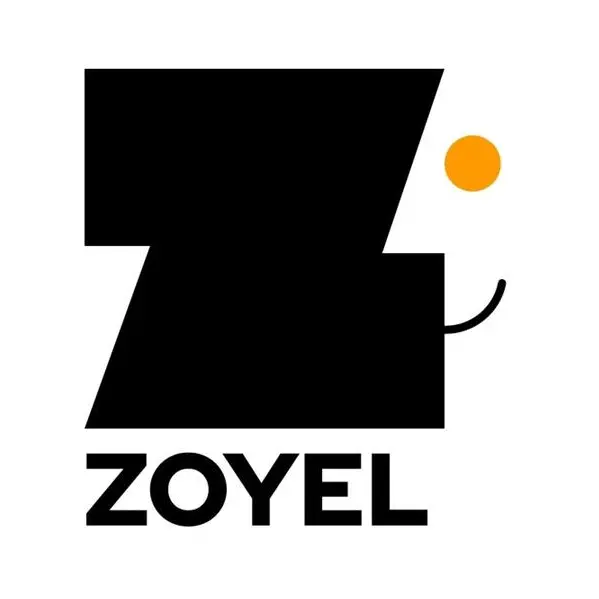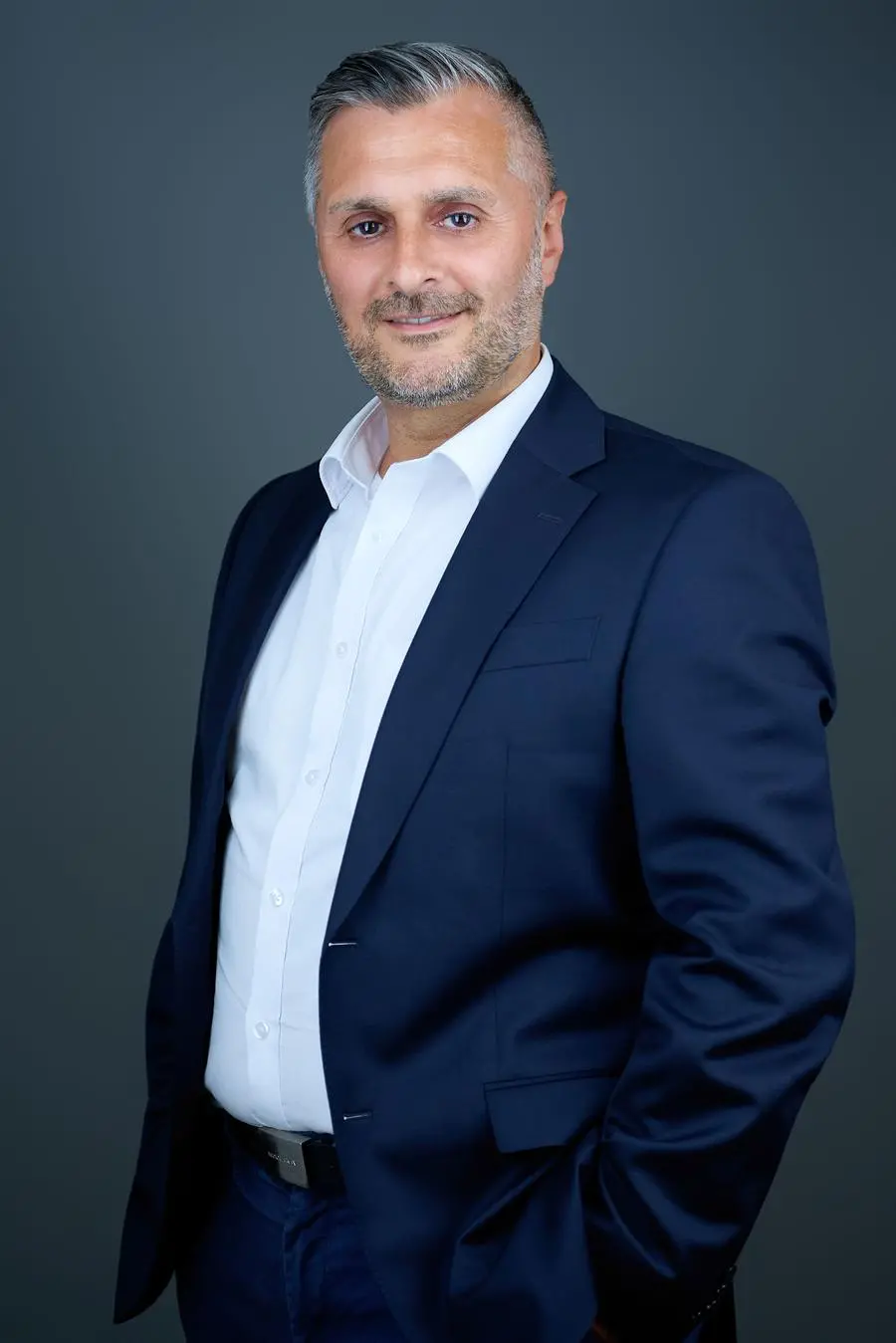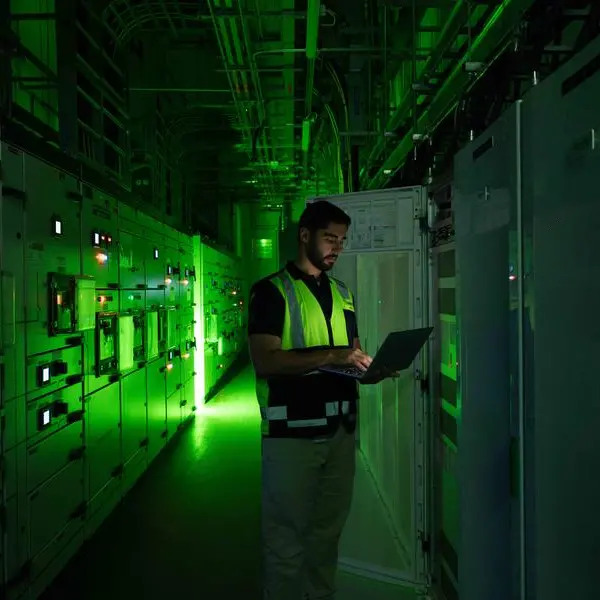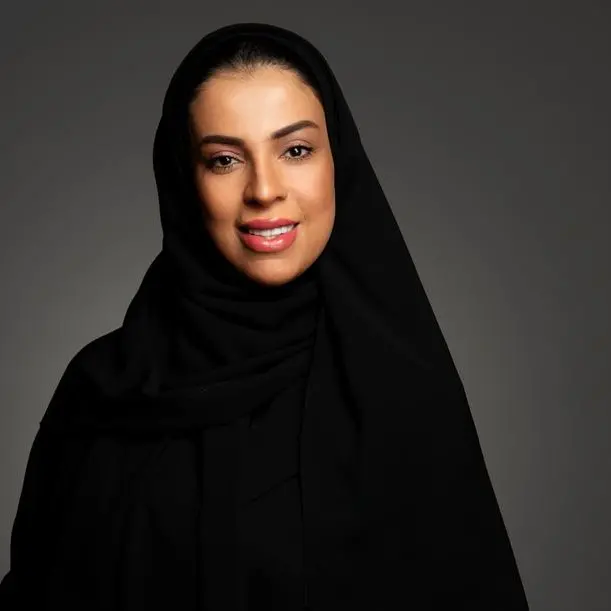Alphonsine Mayamba describes the overwhelming sense of hope she felt when she first heard that refugees and asylum seekers would be included in Angola’s national vaccination plan.
“I saw light at the end of the tunnel,” she says as she welcomes another group of recently vaccinated refugees for an awareness session on the body’s reaction to the vaccine.
The 20-year-old Congolese refugee volunteers as a health worker in Angola’s Lôvua settlement in Lunda Norte province, where some 6,800 refugees are hosted.
She was among the first people in the settlement to receive the COVID-19 vaccine after the campaign began this September.
“Before taking the vaccine, I was very worried about getting COVID,” she says. “Part of my job requires regular contact with people. But now that I am vaccinated, I feel more protected.”
Her job involves providing information and counselling to refugees so they know what to expect and can manage any symptoms after getting the vaccine.
Following advocacy efforts by UNHCR, the UN Refugee Agency, and partners in the capital Luanda and at the provincial level, the government has now included refugees and asylum seekers in its national vaccination campaign.
According to data from the World Health Organization, by mid-December, Angola had administered more than 10 million COVID-19 vaccines in the country of 33 million people. Globally, inequality in the distribution of vaccines has so far seen more than 80 per cent of doses given in high- and upper middle-income countries.
But many refugees in Angola are still uncertain about getting the jab as misinformation is rife, leading many to question the effectiveness or necessity of the vaccine.
“Some refugees are still very hesitant about the vaccine because of fear and what they have heard,” explains Alphonsine. “My uncle, Muanza, was one of them.”
Muanza, 53, was reluctant to get the vaccine due to negative comments from fellow refugees.
“I heard that it mostly affects people in Europe,” says the community leader. “Some people even said that it can be treated with our own traditional medicines, like the ones for the flu. Why should we take the vaccine then?”
But it wasn’t long before he changed his mind – his 18-year-old daughter, Hélène, contracted the virus this August, causing the concerned father of ten to actively seek reliable information about the safety of the vaccine.
“When my daughter got sick, I was confronted with reality,” he explains. “I gained confidence after receiving clear and accurate information from UNHCR, and also because I saw other refugees, including my Alphonsine, get vaccinated and nothing bad happened to them.”
Now Muanza, his wife and daughter are fully vaccinated. He has become a strong advocate for the vaccine and encourages everyone in the settlement to get it, while also extolling the benefits of wearing masks, washing hands and social distancing.
“Most importantly, we should all get vaccinated as it’s the key protection against COVID-19,” he adds.
Alphonsine is encouraged by the number of refugees who have changed their minds, thanks to the regular awareness campaigns.
According to UNHCR’s health partner, Igreja Evangélica dos Irmãos em Angola (IEIA), 3,580 out of 4,000 refugees in the settlement had been vaccinated by the end of November, alongside members of the host community.
During a recent visit to Lôvua, UNHCR Deputy Director for the Regional Bureau for Southern Africa, Angèle Dikongue-Atangana, helped to issue COVID-19 vaccine certificates to recently vaccinated refugees. She thanked the local government for including refugees in their vaccination plan.
“I am so proud to see refugees receiving their certificates today as proof that they too, are vaccinated along with the host community,” she said. “Inclusive vaccination programmes are essential to contain the pandemic and protect everyone.”
Refugees and asylum seekers in urban areas like Luanda are also receiving the vaccine, despite lacking valid documentation.
Mohamed, 46, received his jab after sensitization sessions by UNHCR and partner, Jesuit Refugee Service (JRS).
“I was convinced to get vaccinated even without valid refugee documentation,” says the Ivorian asylum seeker. “It’s alife-changing experience and shows that we can be treated equally, just like nationals.”
Vito Trani, UNHCR Representative in Angola, welcomed the Government’s gesture.
“This decision will help protect everybody, irrespective of their legal status in the country, against contracting COVID-19. It will also give them the opportunity to live as healthily and productively as possible in this new normal,” he said.
Out of the 16 countries covered by UNHCR’s Southern Africa regional office, 11 have explicitly included refugees and asylum seekers in their national vaccination plans.
Distributed by APO Group on behalf of United Nations High Commissioner for Refugees (UNHCR).
© Press Release 2021
Disclaimer: The contents of this press release was provided from an external third party provider. This website is not responsible for, and does not control, such external content. This content is provided on an “as is” and “as available” basis and has not been edited in any way. Neither this website nor our affiliates guarantee the accuracy of or endorse the views or opinions expressed in this press release.
The press release is provided for informational purposes only. The content does not provide tax, legal or investment advice or opinion regarding the suitability, value or profitability of any particular security, portfolio or investment strategy. Neither this website nor our affiliates shall be liable for any errors or inaccuracies in the content, or for any actions taken by you in reliance thereon. You expressly agree that your use of the information within this article is at your sole risk.
To the fullest extent permitted by applicable law, this website, its parent company, its subsidiaries, its affiliates and the respective shareholders, directors, officers, employees, agents, advertisers, content providers and licensors will not be liable (jointly or severally) to you for any direct, indirect, consequential, special, incidental, punitive or exemplary damages, including without limitation, lost profits, lost savings and lost revenues, whether in negligence, tort, contract or any other theory of liability, even if the parties have been advised of the possibility or could have foreseen any such damages.



















